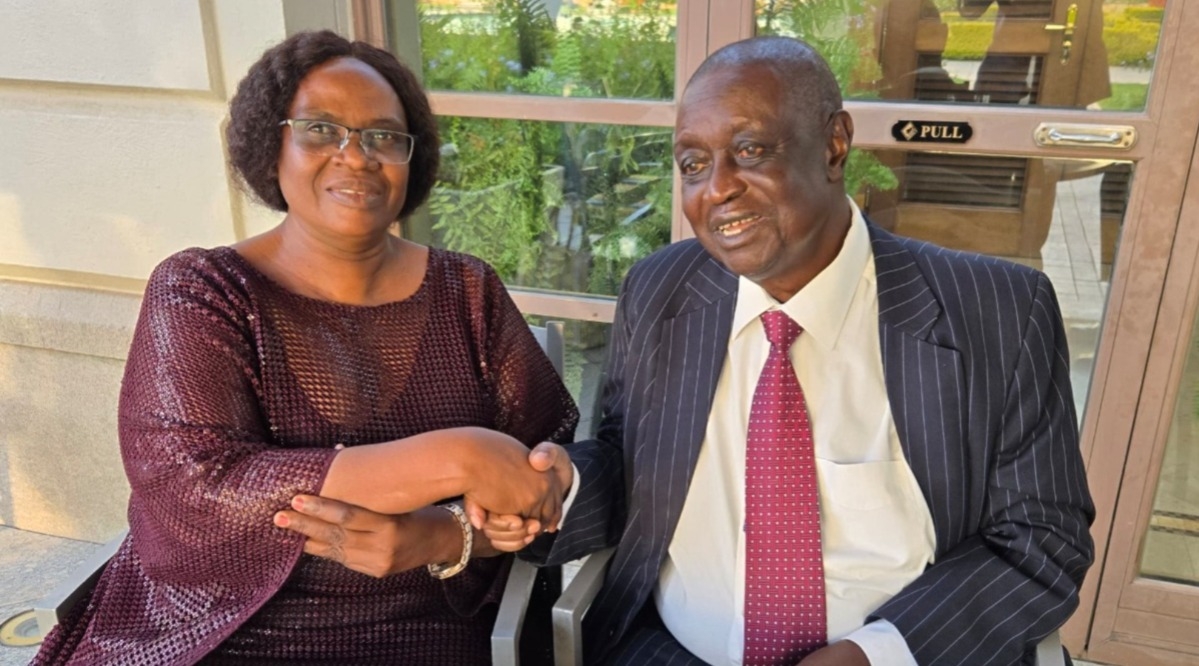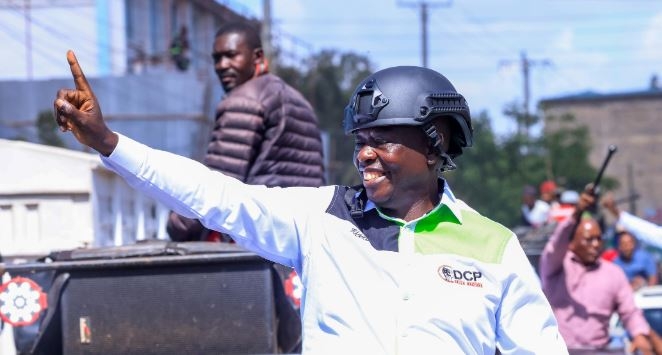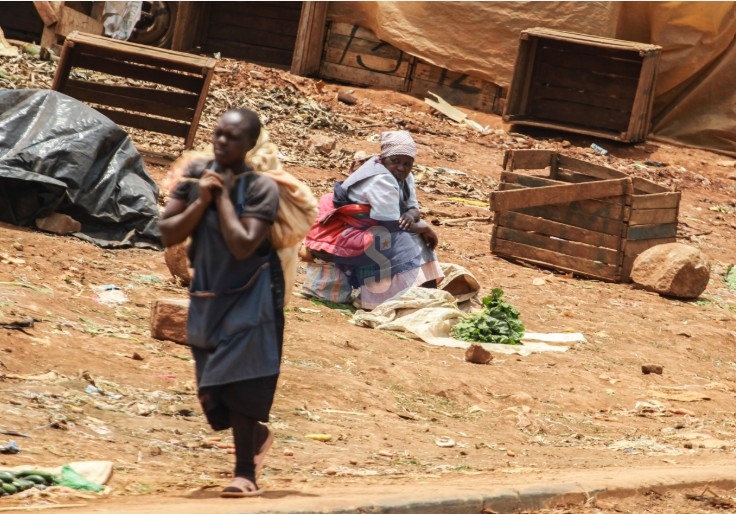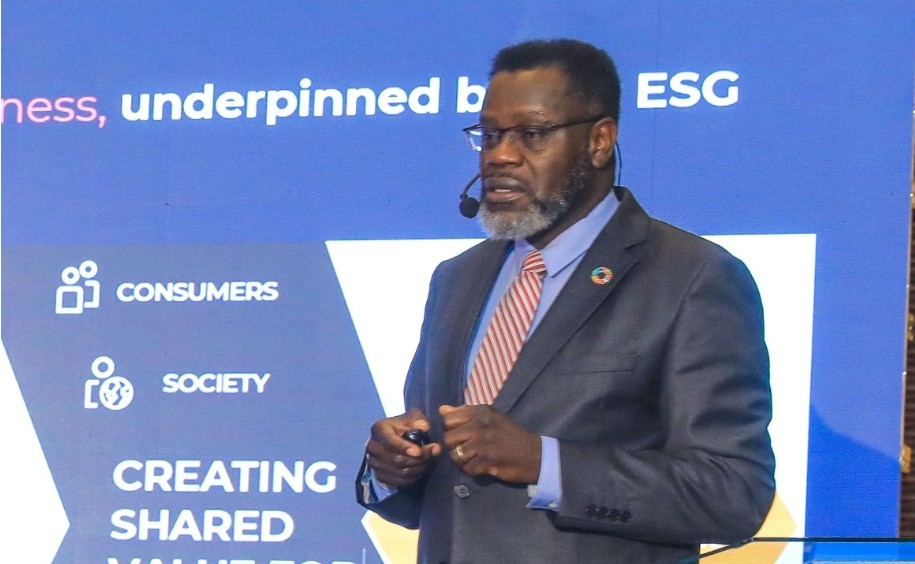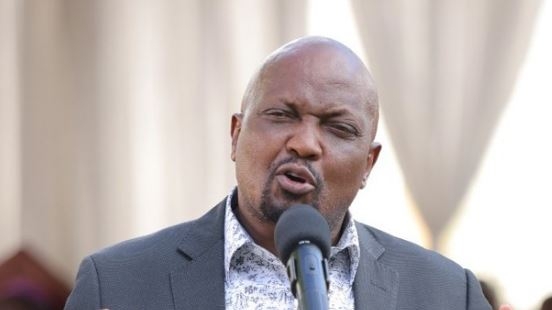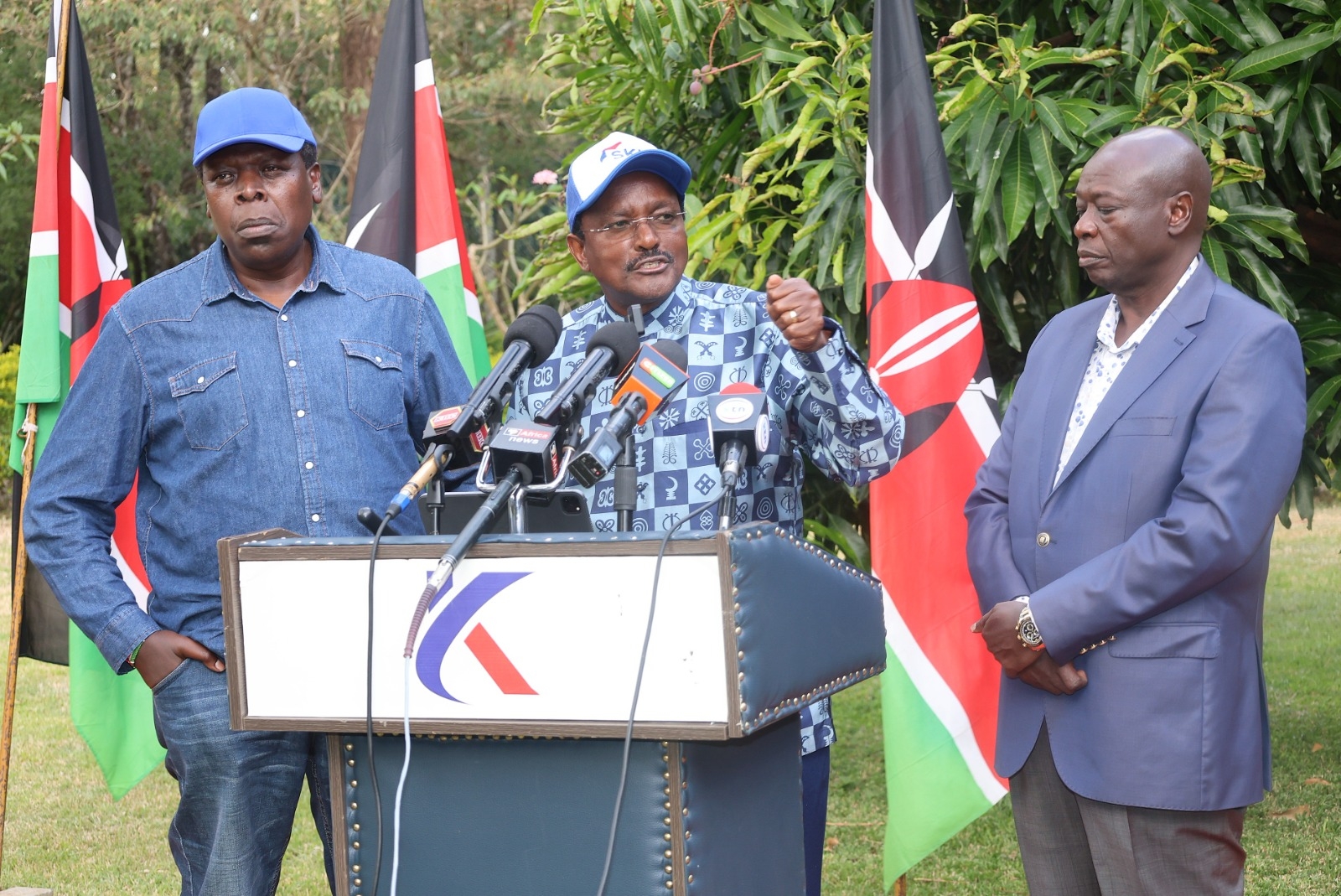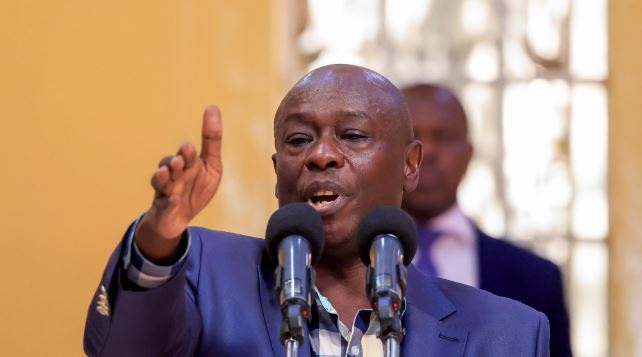The formation of a national multi-sectoral forum has triggered debate with a section of opposition leaders questioning its timing and intentions.
President William Ruto and opposition leader Raila Odinga on Tuesday agreed to a six-day national dialogue to deliberate on issues facing Kenyans but insisted that the government will not foot the costs.
President Ruto told the press in the footsteps of KICC that the proposed forum will draw representatives from political parties, religious groups, civil society, employers and youth.
“In the interest of making sure we live within our means; all participants will bear their attendance costs. This is a result of consultations we have held this morning,” he said.
Stakeholders will be required to submit their representatives by Friday this week ahead of the commencement of the forum next Monday that Ruto said “will propose the way forward for the country.”
However, the decision sparked concerns from some leaders who accused the political class of hijacking the course started by Generation Z.
While most of the Kenya Kwanza leaders welcomed the announcement on Tuesday, those allied to Raila’s Azimio coalition protested against the formation of the multi-sectoral forum.
Narc Kenya leader Martha Karua and Jubilee Secretary General Jeremiah Kioni took a swipe at Raila and Ruto for initiating the framework to supposedly solve challenges facing Kenyans.
Karua, who was among the top leaders nominated by the former president to mediate the 2007 political crisis, said political players must also be guided by the best interests of the people of Kenya.
"Dialogue can only be meaningful if the players have good faith and are guided by the best interests of the people. This is a trap period," Karua said.
In a cryptic message after the signing, Kioni said holders of power in the country guard it against anything that threatens to change the status quo.
"Fellow Kenyans, if you’re wondering what just happened at KICC it’s all by design!
"The guardians of the Kenyan state wield their power relentlessly to ensure its survival against any violent threat that could undermine its very foundation (the established order)," he said.
Kioni said that to achieve this, the leaders would pretend to be doing all that is necessary, including dialoguing to be in good books with the people questioning the real intention.
He lamented that past reports are gathering dust on government shelves.
“The Waki report, the Ndungu report, TJRC report, BBI report, the Nadco report, all this were done under dialogues how many more?’' he posed.
“The writing is on the wall! Implement the Constitution.’’
He said that once things get out of hand, the same political leaders are forced to intervene to ultimately save the state from any further political crisis.
"When these actions push too far, the political class is compelled to intervene, ostensibly rescuing the state from its own people and thereby avoiding what appears to be a precipice but is, in reality, a recurring political crisis," Jubilee SG said on the situation that has unfolded at KICC.
Former Defence Cabinet Secretary Eugene Wamalwa laughed off the initiative saying “I am not boarding.’’
“The Gen Zs wanted Action not setting up dialogue forums that will end up discussing positions for a few politicians and cleansing. The country has a historical litany of such with reports dusted on shelves. As a party, we are not boarding the rot,’’ Wamalwa wrote on the DAP-K party X handle.
Wiper leader Kalonzo Musyoka said the government must read the mood of the people, adding that Gen Z had set the agenda.
"Kenya would not be in this crisis if the Ruto regime had listened and addressed the problem of the cost of living, as well as fully implementing the NADCO Report,'' he said on his X account.
"Instead, they prevaricated. They dragged their feet. The Ruto regime showed no political goodwill. The Gen Z revolution is a result of Ruto's inaction.''




